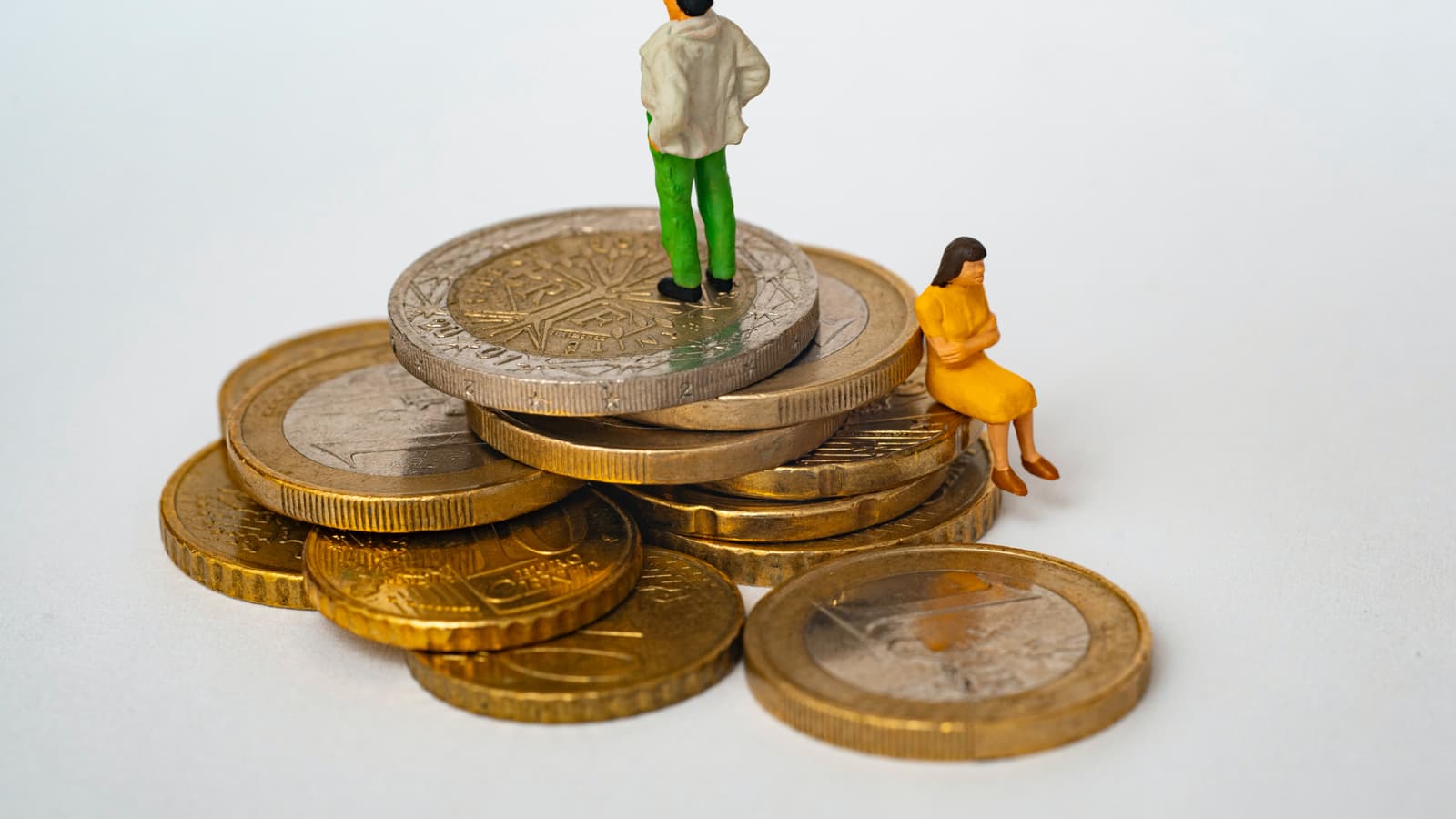
In the event of divorce, the husband who owns the property which has been financed by housing assistance owes a debt to the community, specifies the Court of Cassation. A wife, at the time of the divorce, felt that there was no need to take this aid into account since it had been paid directly to the bank in reimbursement of the loan linked to the family home and had therefore never entered into the common heritage. She added that in any case, they had been assigned to charges related to common housing, the community having to bear these charges.
Common income according to judges
But the judges issued another opinion. These aids are supposed to make up for a shortfall in income and therefore have the quality of income, they said. As a result, they entered the community with all the income of the spouses. And as they were used to finance a property acquired by one of them alone before the marriage, that is to say, an own property which will remain with its owner after the divorce, it is normal that this owner spouse returns to the community, before it is shared, what it has paid for its sole benefit.
This husband, therefore, owes a “reward” to the community, representing a fraction of the installments paid, even though housing assistance paid directly to the bank.









